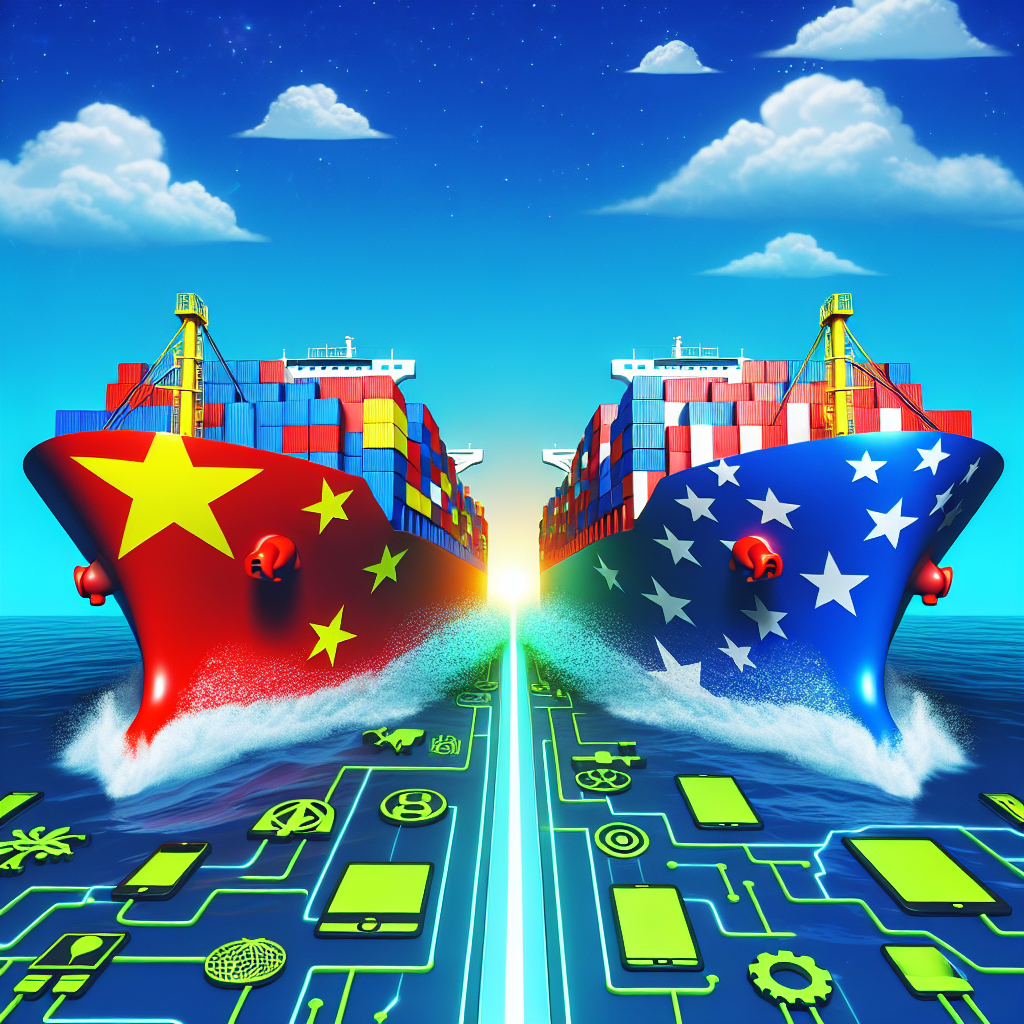The U.S.-China trade tensions have reached a new level as the Biden administration announced increased tariffs on Chinese green tech imports. This move is part of the U.S.’s strategy to reduce reliance on Chinese technology and bolster its own manufacturing capabilities in the renewable energy sector. However, experts warn that this tit-for-tat tariff war could stifle progress on global environmental initiatives, as cooperation between the two largest economies is crucial in addressing climate change.
China has responded with its own set of tariffs on American agricultural products and technology, escalating the stakes for both nations. This back-and-forth is reminiscent of the earlier U.S.-China trade war, which caused significant disruptions and uncertainty for businesses. There are concerns that this new tariff war could hamper the flow of green technology, which is urgently needed to combat climate change.
Both the U.S. and China dominate the global green technology market, with China being the leading producer of solar panels and electric vehicle batteries, and the U.S. making strides in the electric vehicle revolution. However, the U.S. remains reliant on Chinese components and technology, adding complexity to any economic disputes.
There are fears within the industry that trade barriers could not only have economic consequences but also hinder progress on environmental goals. If nations are unable to collaborate on renewable technologies, there could be significant delays in achieving international climate agreements.
Moreover, the increase in tariffs could also lead to broader geopolitical tensions as both parties become entrenched in their positions. This scenario raises the stakes for finding a resolution and maintaining cooperation between the two nations.

